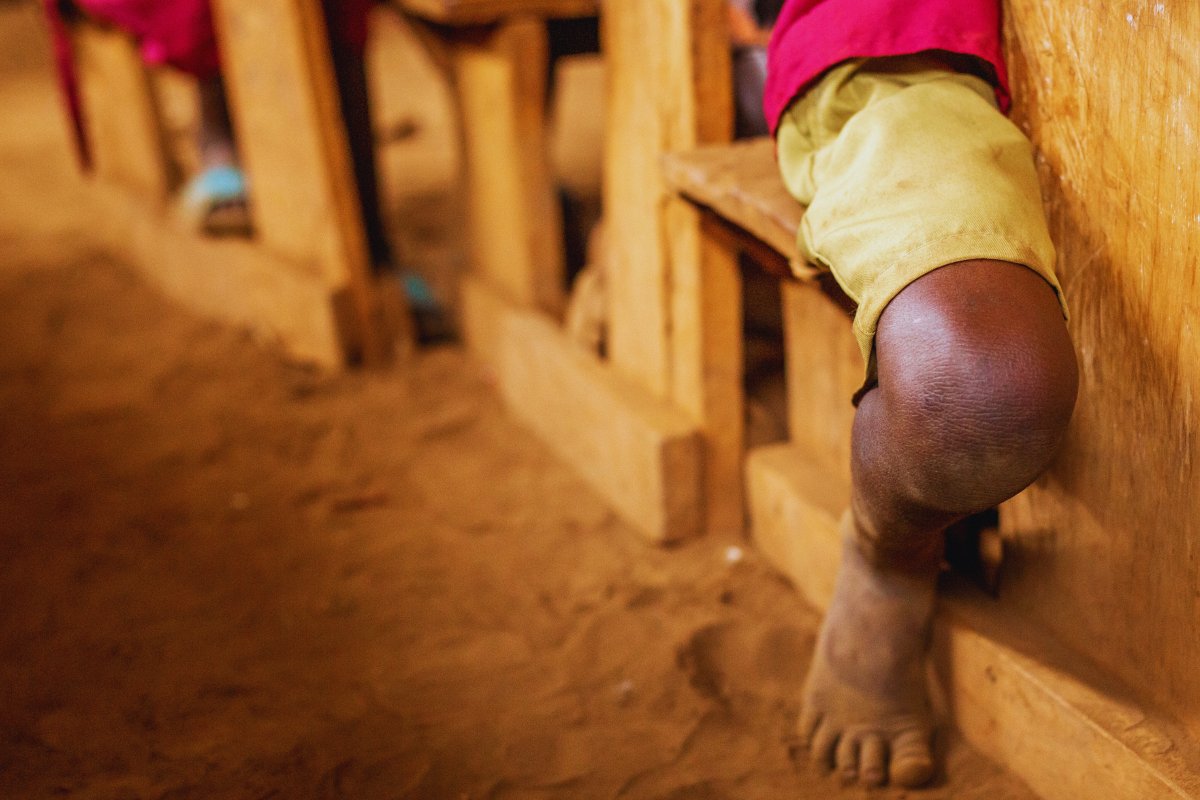
We Care
While Africa is widely regarded as the world’s poorest continent, particularly Sub-Saharan Africa, and home
We Serve to Eradicate Poverty, Illiteracy and Poor Health from Our Society

While Africa is widely regarded as the world’s poorest continent, particularly Sub-Saharan Africa, and home


This age group (0 to 6 years) is the period of the most rapid development. The changes that occur in these first few years of life – a critical time of brain development – are truly remarkable.
Children acquire essential skills that will help them at school and build the foundation of their future lives.
As early as 18 months old, many children from families facing various barriers fall behind in skills vital for general success.
When they arrive at school, they are well behind their peers and less likely to perform well academically.
Although each child develops at their rate, early child development usually follows a learning sequence. During the learning process, children develop a continuum influenced by various factors. Some negative aspects are fatal and must be identified early for effective intervention and increased brain stimulation.
Therefore, it’s imperative that we collaboratively show a high level of commitment to providing quality early learning experiences in schools, at home, and within the community.
As children enter school age, their skills and understanding of concepts continue to grow.
According to psychologists, children develop the ability to think logically and have more “adult-like” thought patterns. During this period, from 6 to 12 years, they realise their potential, characterised by a focus on “being able” to accomplish things.
In this stage, children are industrious, partly because they have developed in social, emotional, physical, and cognitive terms. They have developed a reasonably sound sense of identity, security, and confidence in their individuality. Amidst the development of these skills, reading proficiency is a crucial skill to master. Reading is a powerful predictor of academic success. Yet, many children in the Busoga region can hardly read.
Thus, there is an urgent need for an effective community-wide collaborative campaign for grade-level reading to empower children to achieve reading proficiency. The inability to read, if addressed, will impede any efforts towards breaking the cycle of intergenerational poverty. We should align our efforts with those of the whole family for better results.
The young adult period, 12-18 years, marks a dramatic change for both boys and girls. It’s sometimes viewed as a stage of “identity crisis” – a time of hormone-driven changes accompanied by growth spurts that transform and usher children into physically mature bodies.
It takes almost no time for children to become young adults and build their personalities.
This period seems busier than ever in our pacy modern world of advanced technology. Therefore, young adults must be prepared to face anything in life. Now is the time to cement specific practical skills and experiences for their future.
Our young adults must learn organisational skills, including proper time management and following the Kaizen rule. Respect for time is a crucial trait to achieve anything in life. They must master personal healthcare, behavioural, and social skills. Also, they must know how to communicate, solve problems, set goals, and practice financial literacy.